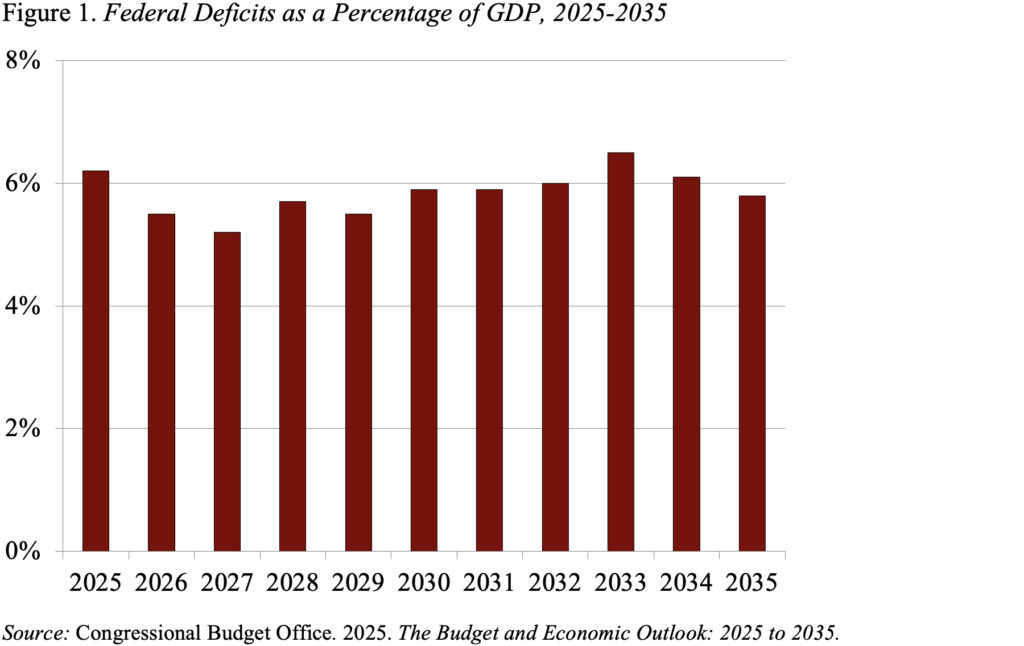10 Years Ago, I Never Thought I Would Own A Home. Now I'm Planning On Buying A Second One.

The offers and details on this page may have updated or changed since the time of publication. See our article on Business Insider for current information.
Affiliate links for the products on this page are from partners that compensate us (see our advertiser disclosure with our list of partners for more details). However, our opinions are our own. See how we rate mortgages to write unbiased product reviews.
The author, Rachel Morgan Cautero.Courtesy Rachel Morgan Cautero
- My husband and I got a low rate on a mortgage six years ago, and we're planning on building a second home.
- To make that happen, we've automated our savings and have avoided increasing our cost of living.
- Once we find the right piece of land at the right cost, we'll be ready to buy it.
Before I had kids, I vividly remember weighing every purchase against one large, looming financial goal — buying a home. At the time, I was earning a minimal salary and weighed down by student loan debt. Homeownership seemed impossible.
But, a decade later, my husband and I have been homeowners for six years and are shopping for property for a second. While the second house-building process is far in the future, it still feels like a win. Here's how we changed our money mindset (and budget!) to meet this major milestone.
1. Sticking to an (automated) budget
Experts have long touted the importance of sticking to a budget, regardless of your income. While we all know we should, actually enacting a budget and sticking to it can seem daunting, if not impossible. Enter automation.
Every payday, our income is split into two bank accounts: our main account and our discretionary spending account. Every single bill is automated, from our mortgage to streaming services to cellphones, to contributions to our college savings and retirement accounts, and even credit cards, while our spending account is funded with our discretionary funds for the next two weeks.
Having my spending money in a separate place has made it easier to stick to a budget and not go over, even when it's tempting. And not having to worry about paying bills on time? Music to my millennial ears.
2. Not increasing our cost of living, even as earnings increased
This can be tough, especially if your income increases exponentially. But not upping your cost of living when your income increases is one of the best ways to put away large chunks of money — without taking a hit to your quality of life.
For us, this came in the form of not moving, keeping our current mortgage the same; sticking to one vehicle; and not shopping at more expensive stores for things like groceries and clothing, though we could afford to.
3. Buying at the right time
This one sometimes can't be helped. But because we were among the lucky ones who bought or financed a home with near-record low interest rates from around 2018 to 2021, we're holding on. We're not moving or refinancing.
If you're in the same position, I would sit tight and enjoy your annual savings. Or, sell and cash out on your equity, using it as an opportunity to purchase in a cheaper area.
4. Relocating — for a price
My husband and I have been married for 10 years and together for 15; during that period, we've moved four times for various job opportunities.
While it's hard to put a number on what makes moving for a job "worth it," generally, a higher salary, sign-on bonus, corporate move (as in, your new employer pays for your move), and moving from a place with a high cost of living to a lower cost can be lucrative in the long-term — and free up cash to meet more long-term financial goals, like purchasing a second home.
We're looking for a second home
While our goal is to purchase land in a rural area and build a cabin for our family's use and as a short-term rental, it hasn't happened yet. We're still searching for land, and our first offer was unfortunately passed over for a more lucrative one.
But that doesn't mean we're giving up on our cabin dreams just yet. We'll continue to automate our budget and keep our cost of living in check, setting aside funds so when that perfect piece of land comes up, we'll be ready.
Don't know where to start? Consider a financial advisor.
Finding a financial advisor doesn't have to be hard. SmartAsset's free tool matches you with up to three fiduciary financial advisors who serve your area in minutes. Each advisor has been vetted by SmartAsset and is held to a fiduciary standard to act in your best interests. Start your search now.

